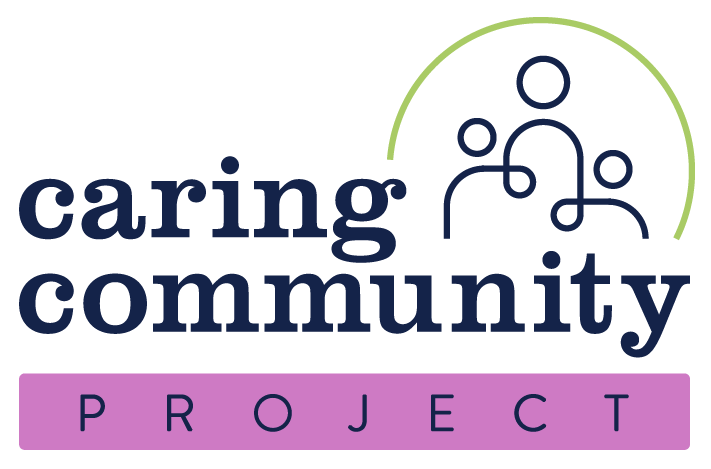Appendix 1: Recommended Classroom Norms and Moral Principles
Challenge ideas rather than people.
Assume good intentions and “listen generously.”
Take responsibility for your impact on others in the classroom.
Expect and accept non-closure. If you leave class with questions, it’s ok and it’s likely.
Stay engaged.
Try to avoid sweeping generalizations and stereotypes. Remember that there are wide variations within and between races, ethnicities, economic classes.
Consider the diversity of the people in the room and imagine how others in the room might experience your comments.
Consider what responsibilities you are asking other students to bear. It is not ok, for example, to ask a person to speak on behalf of all members of the community or the group to which they belong.
Remember that students in this class have varying levels of familiarity with different topics.
Remember that mistakes are normal and are useful learning opportunities in meaningful discussions.
Keep mistakes and conflicts among us and seek to work out mistakes and conflicts within the class.
Maintain confidentiality of classroom discussions, especially on sensitive topics; take and share lessons from class, not people's stories.
Treat diverse opinions as an opportunity. Challenge yourself to try out new ideas you hear in class and see how they apply in your life.
Seek to constructively engage with views you may disagree with. Ask caring questions, and listen deeply to the perspectives of others, especially those you may disagree with.
Rather than “calling out” or letting others know publicly they made hurtful or oppressive comments in a way that may cause them shame, try to “call-in” others by expressing your views and experience with the intention to help them understand your point of view or speaking with them privately about the impact of their hurtful or oppressive comments. ”Aspire in classroom conversations to create an ethical community - a community that expects and supports honesty, candor, appreciation, forgiveness, fairness and deep engagement with challenging questions.
Content developed by Making Caring Common, a project of the Harvard Graduate School of Education.
